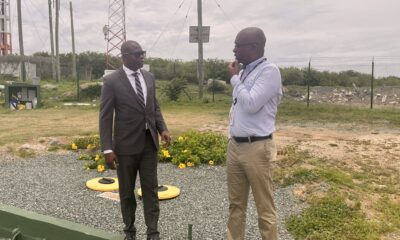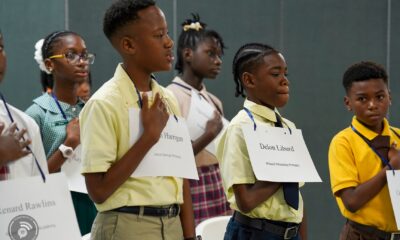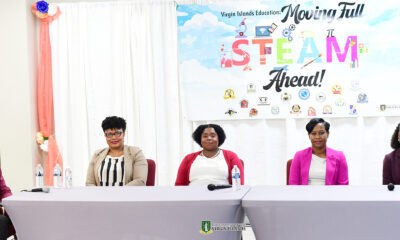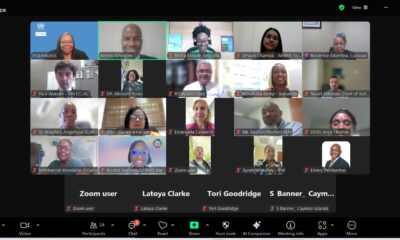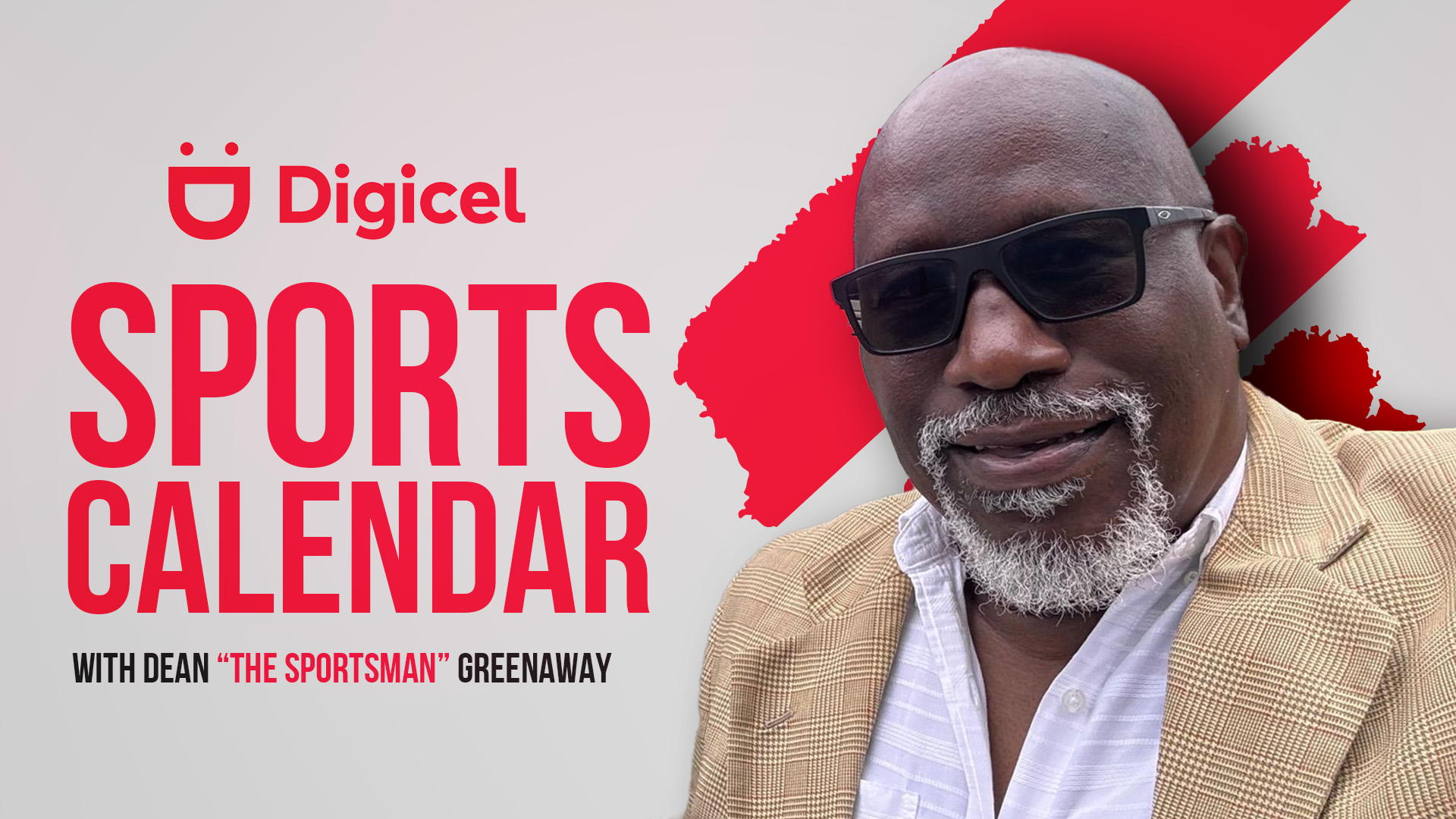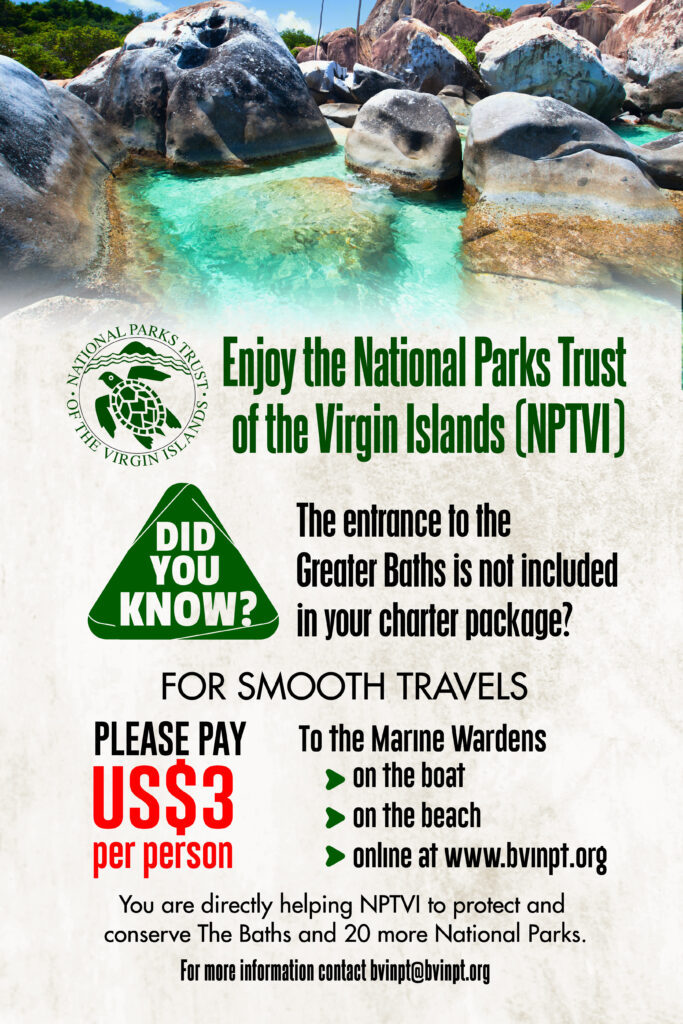Local News
Kyron McMaster Glides into 400m Hurdles Semi-finals

Kyron McMaster of the British Virgin Islands has emerged as a standout athlete in the preliminary heats of the 400m hurdles at the Paris Olympics, joining Jamaica’s national champion Malik James-King, Roshawn Clarke, and Jaheel Hyde in advancing to the semi-final round.
McMaster booked his spot with a time of 49.24 seconds this morning, August 5, securing third place in his heat. This marks a strong showing for Caribbean athletes in this event, as they continue to make waves on the global stage.
James-King, who posted a personal best of 47.42 to win the Jamaican national championships in June, delivered a smooth performance in the heats. He clocked 48.21 to comfortably win the last of five heats, securing his place as an automatic qualifier. Clarke, who finished second to James-King at the Jamaican trial, won Heat Four in a time of 48.17, ensuring his advancement to the semi-finals.
Hyde, competing in the opening heat against gold medal favourite Rai Benjamin, crossed the finish line in second place with a time of 49.08. Benjamin took the heat in an effortless 48.82. McMaster followed closely, securing third place in 49.24 to move on to the next round. “The main objective was to secure the automatic qualification, so once I positioned myself well in the first 250 metres, I just maintained my pace and eased to the finish. I focused on not aggravating anything and keeping my composure,” McMaster told the BVI Olympic Committee. He will compete in the semi-finals at 1:35 p.m. on Wednesday, 7 August.
Among the other medal favourites, Norway’s Karsten Warholm emerged as the fastest qualifier for the semi-finals, winning Heat Two in 47.57. Frenchman Clement Docus achieved a lifetime best of 47.69 to take second place, while Abderrahman Samba of Qatar finished third in 48.85. In another heat, Estonia’s Rasmus Magi led the pack with a winning time of 48.62, followed by the USA’s CJ Allen, who clocked 48.64. Brazil’s Alison dos Santos, another strong contender for a medal, secured his semi-final spot with a time of 48.85.
Defending champion Karsten Warholm safely advanced to the semi-finals of the men’s Olympic 400m hurdles after winning his heat at the Stade de France on Monday. Warholm, who set the world record when winning gold at the Covid-delayed Tokyo Games, clocked 47.57 in scorching early morning weather in Paris. Also progressing with ease were the Norwegian’s main rivals for gold: American Rai Benjamin and Brazilian Alison Dos Santos. Benjamin eased up a full 30 metres from the line to win the opening heat in 48.82 ahead of Jamaican Jaheel Hyde and Kyron McMaster of the British Virgin Islands. Dos Santos was a comfortable third behind heat winner Rasmus Magi of Estonia and American CJ Allen.
The semi-finals are scheduled for 17:35 GMT on Wednesday, with the final slated for 19:45 on Friday.
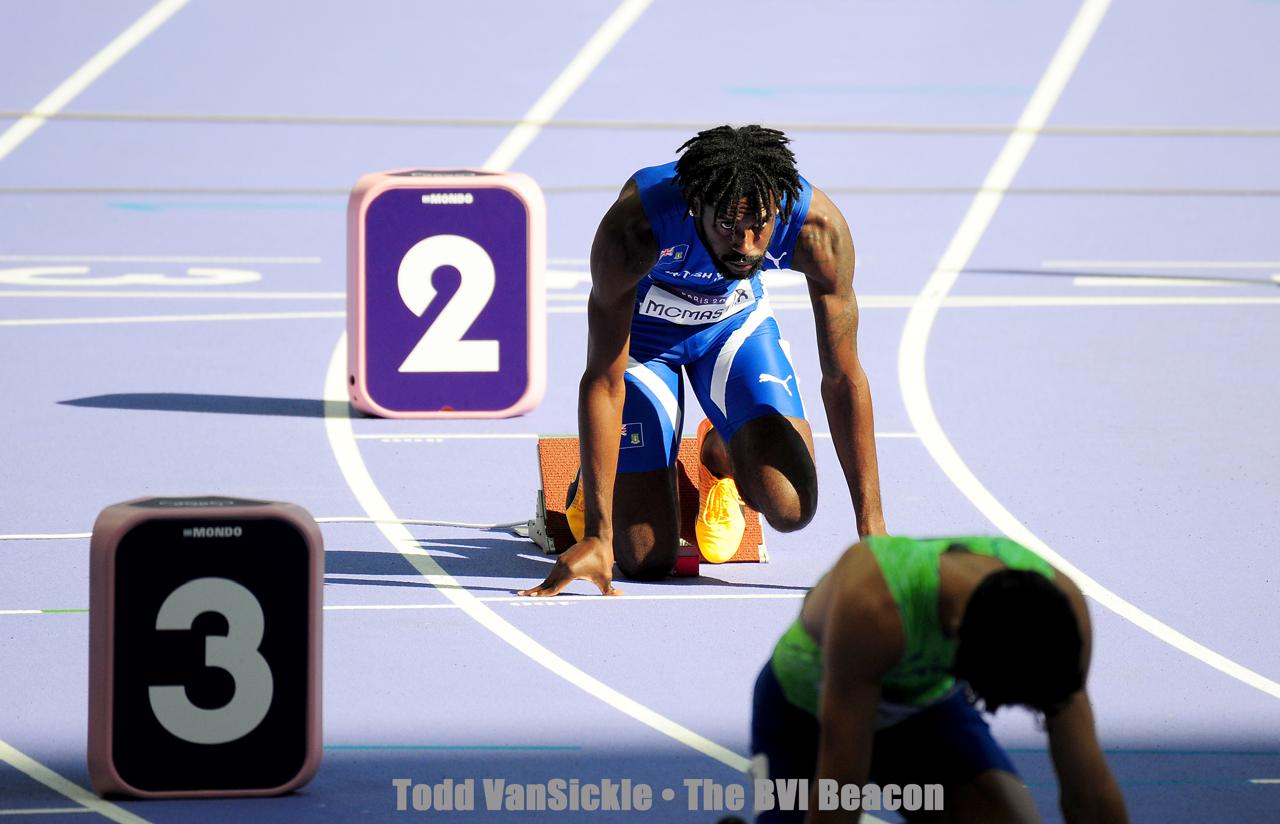
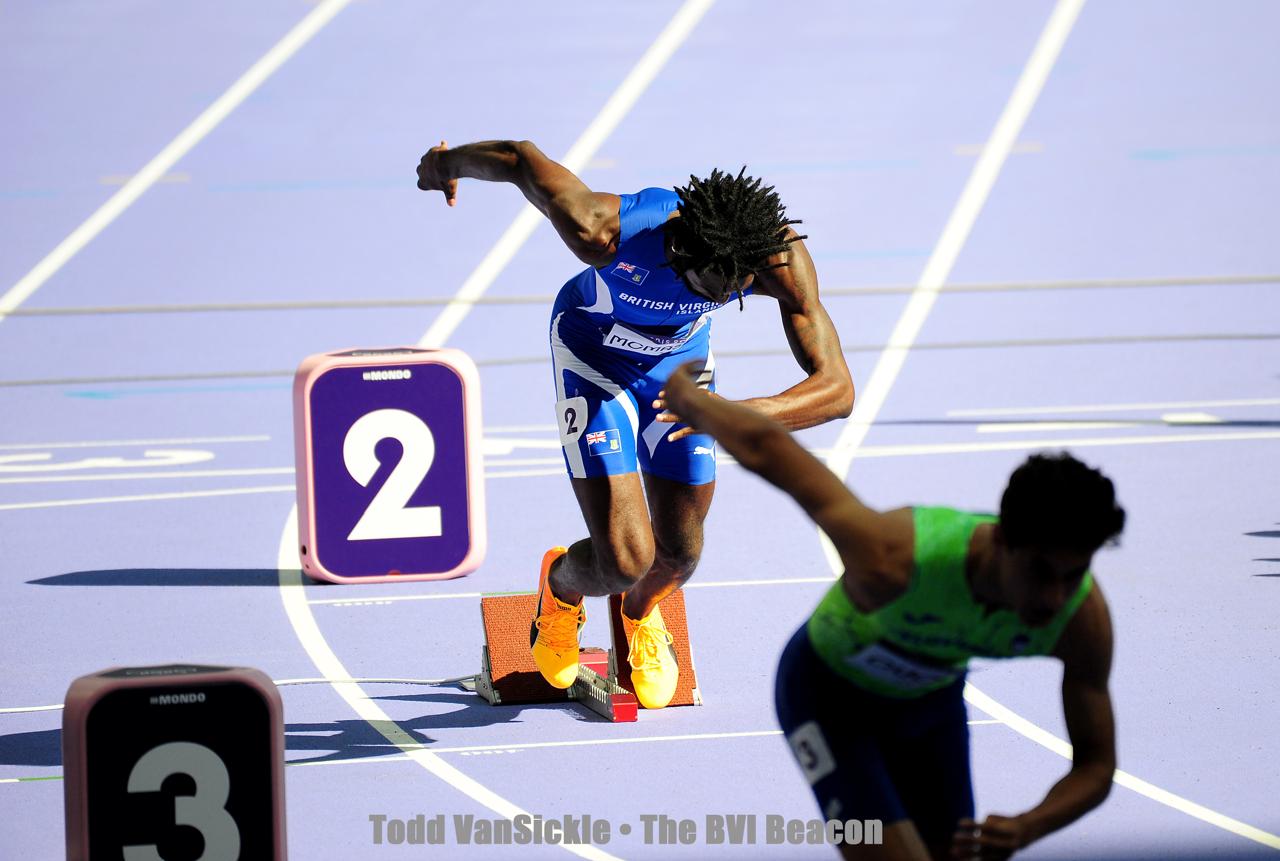
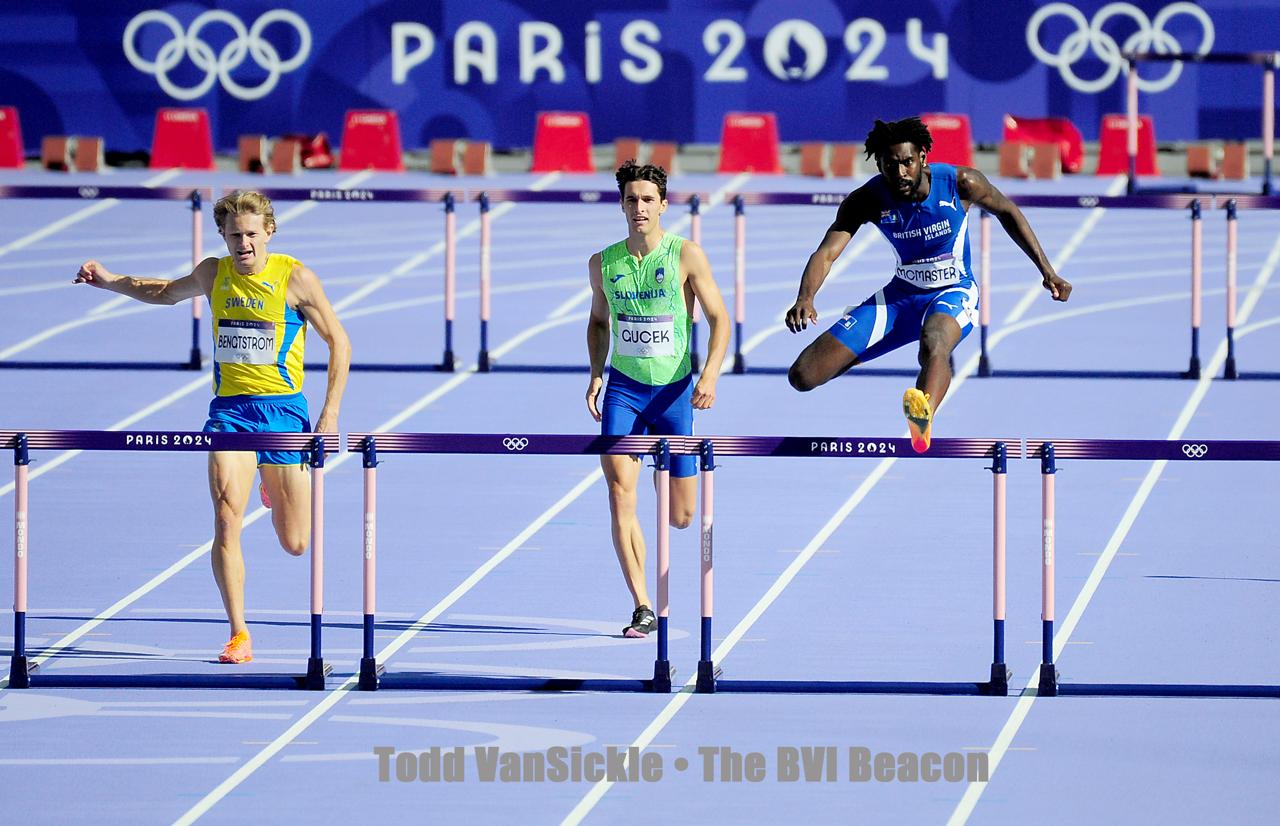
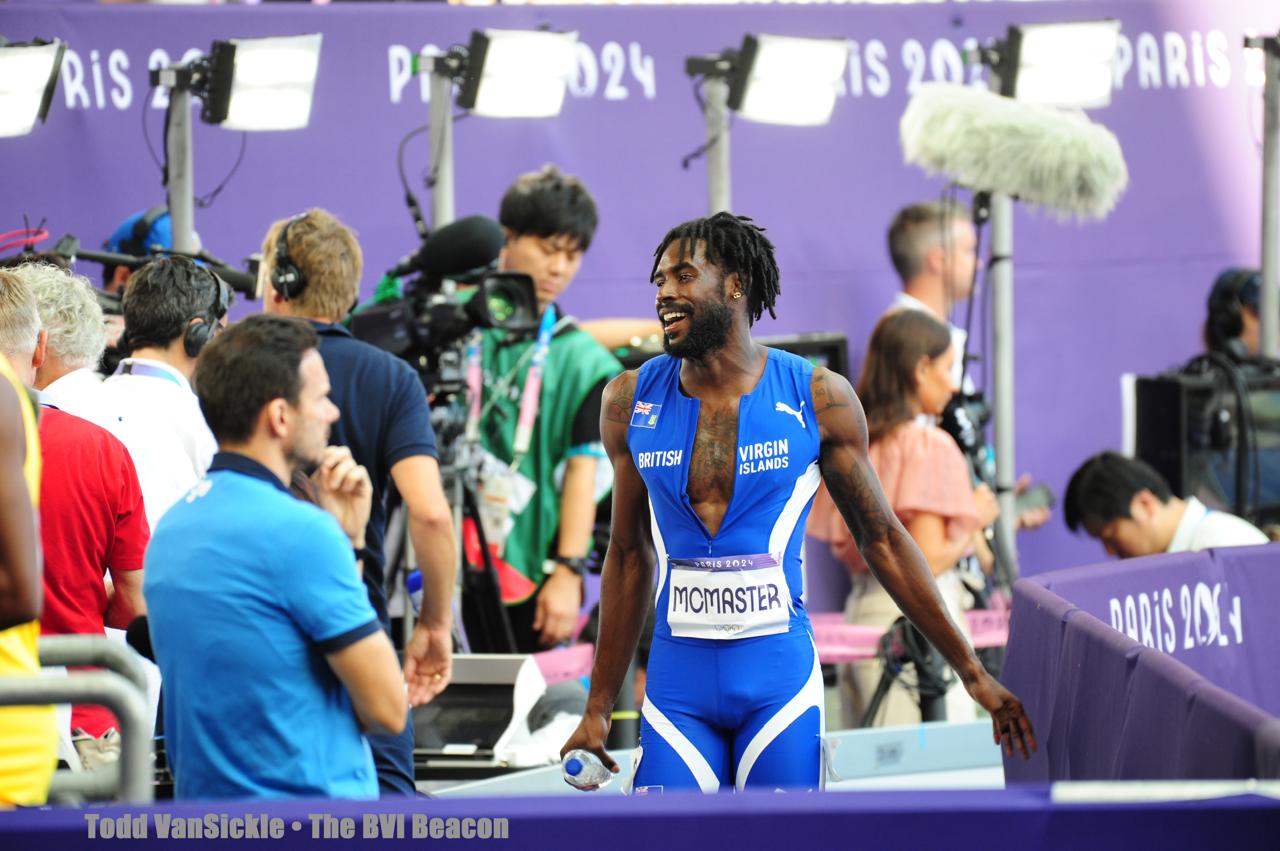
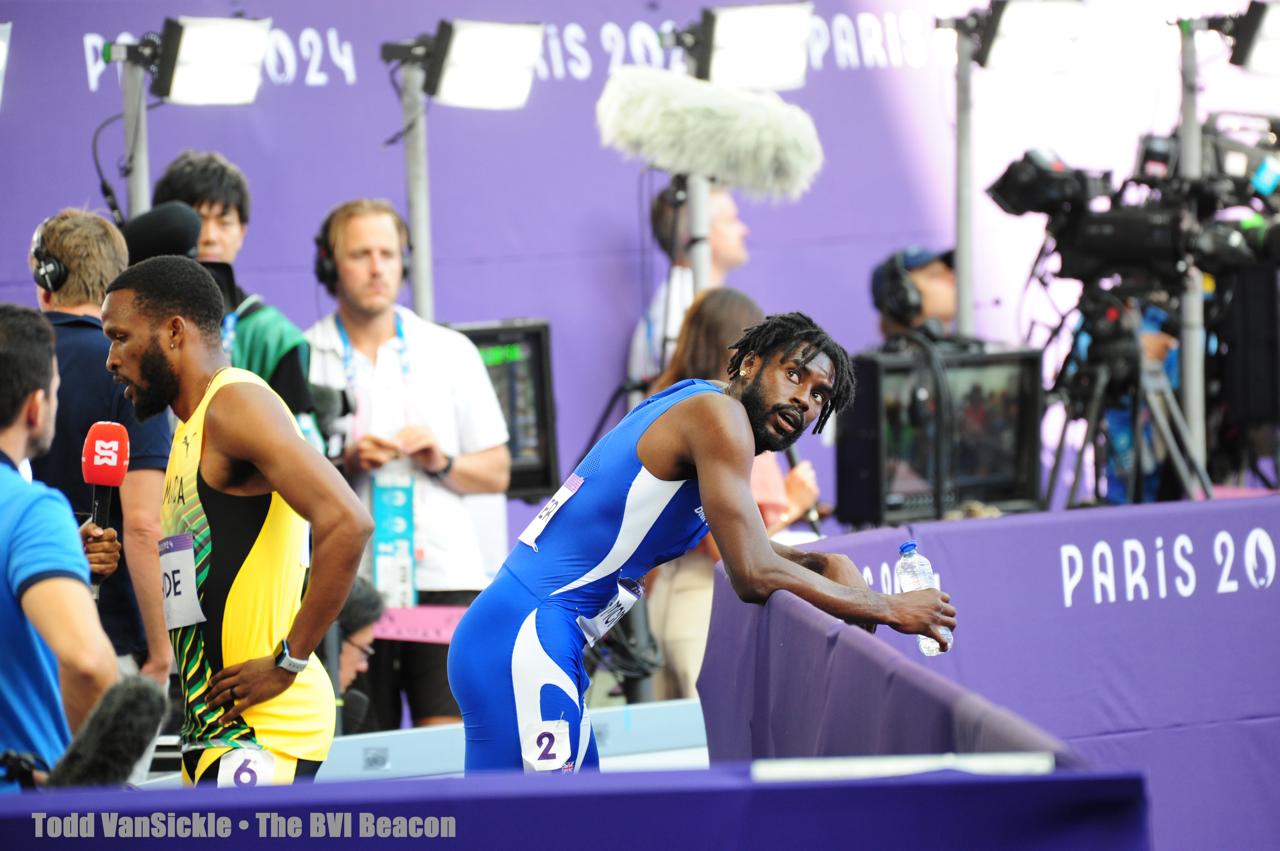
Local News
Minister Rymer Briefed on Airport Infrastructure Enhancements
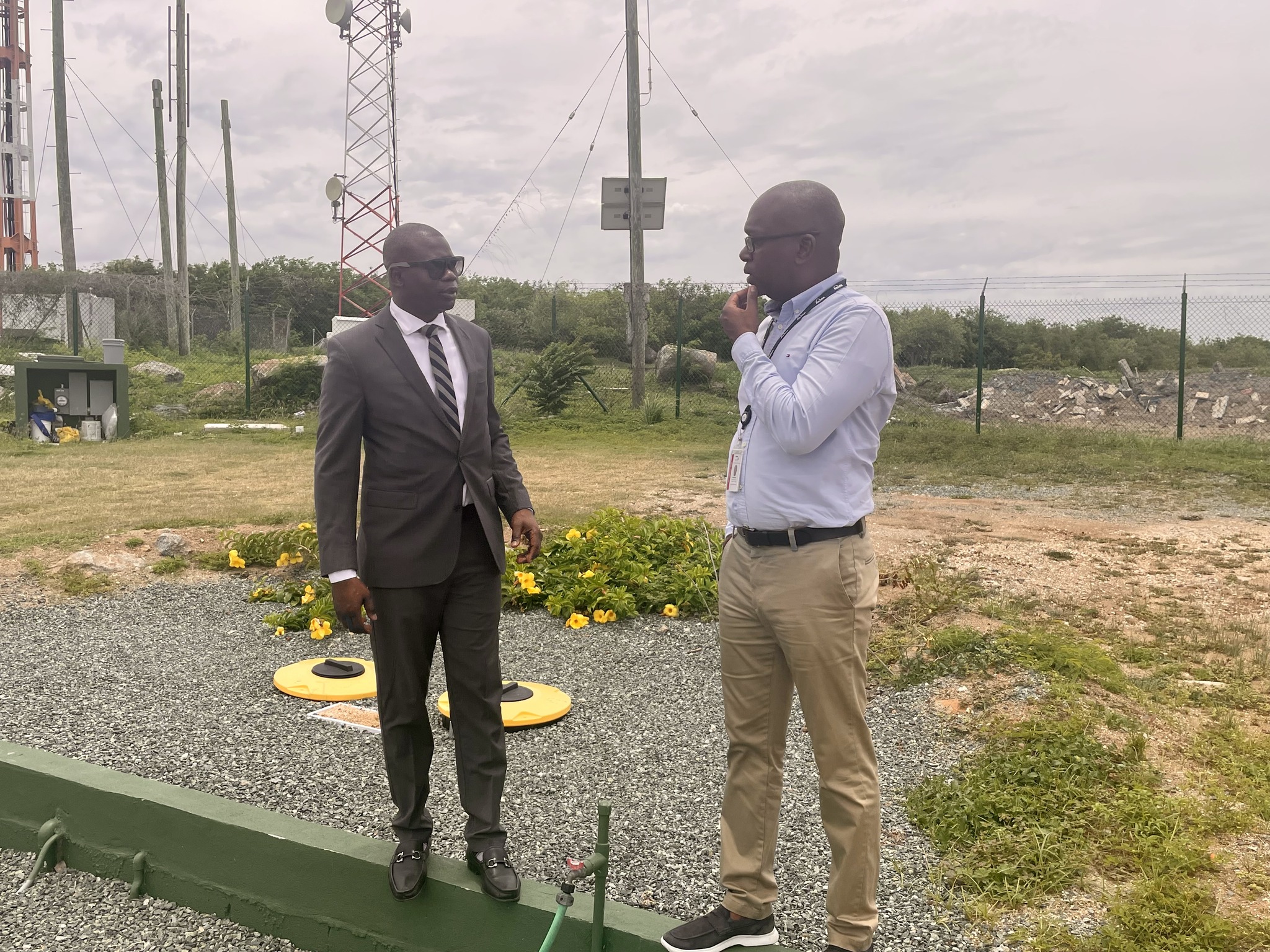
Minister of Communications and Works, Honourable Kye Rymer, has received a briefing on recent infrastructural upgrades completed at the Terrance B. Lettsome International Airport.
The update was provided by Mr Kurt Menal, Managing Director of the BVI Airports Authority (BVIAA), who highlighted key improvements designed to enhance passenger experience and operational efficiency at the Territory’s main airport.
Among the completed upgrades is the installation of a new luggage conveyor belt and expanded baggage collection area. The upgraded system has a greater capacity than the previous setup, aimed at improving the flow of passengers through the arrivals process.
Mr Menal also pointed to the commissioning of a modern sewage treatment plant, which has the capacity to accommodate up to 500,000 passengers annually. The environmentally sustainable system supports the BVIAA’s broader objectives of expanding airport capacity while meeting international environmental standards.
“The BVIAA continues to meet the safety and regulatory requirements outlined in the Air Navigation (Overseas Territories) Order 2001 and other applicable instruments,” Mr Menal said. “We are also focused on maintaining an environment that fosters employee excellence and high standards of service.”
The infrastructure enhancements form part of the government’s ongoing efforts to strengthen the Territory’s transportation network and prepare for anticipated increases in passenger traffic.
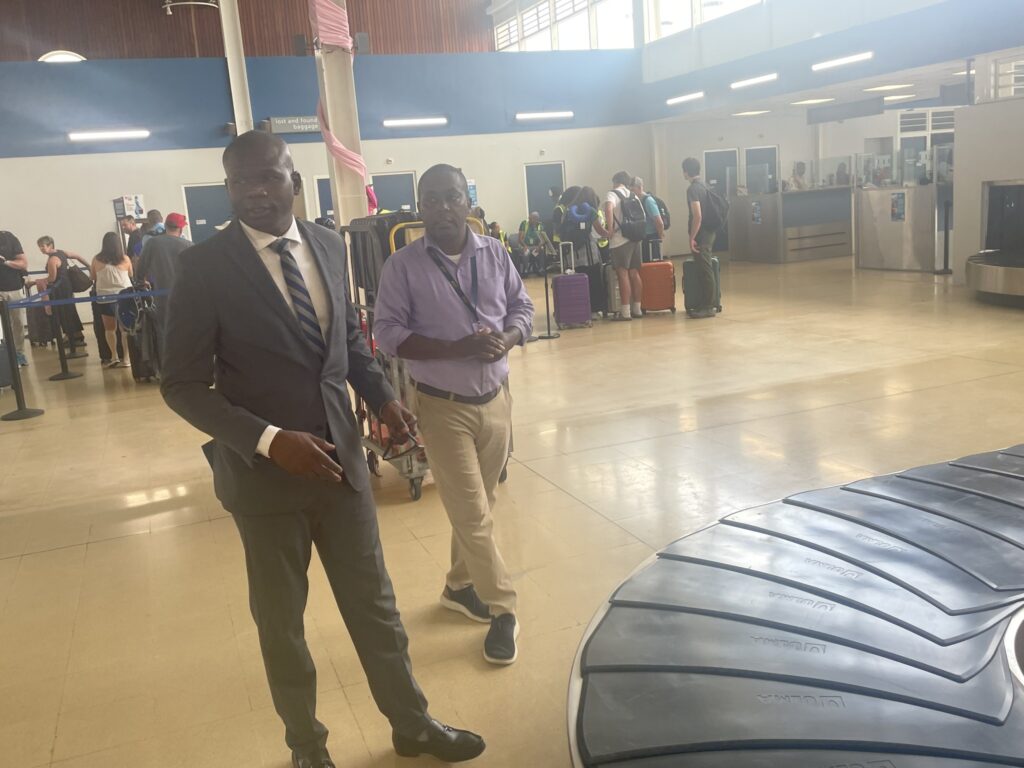

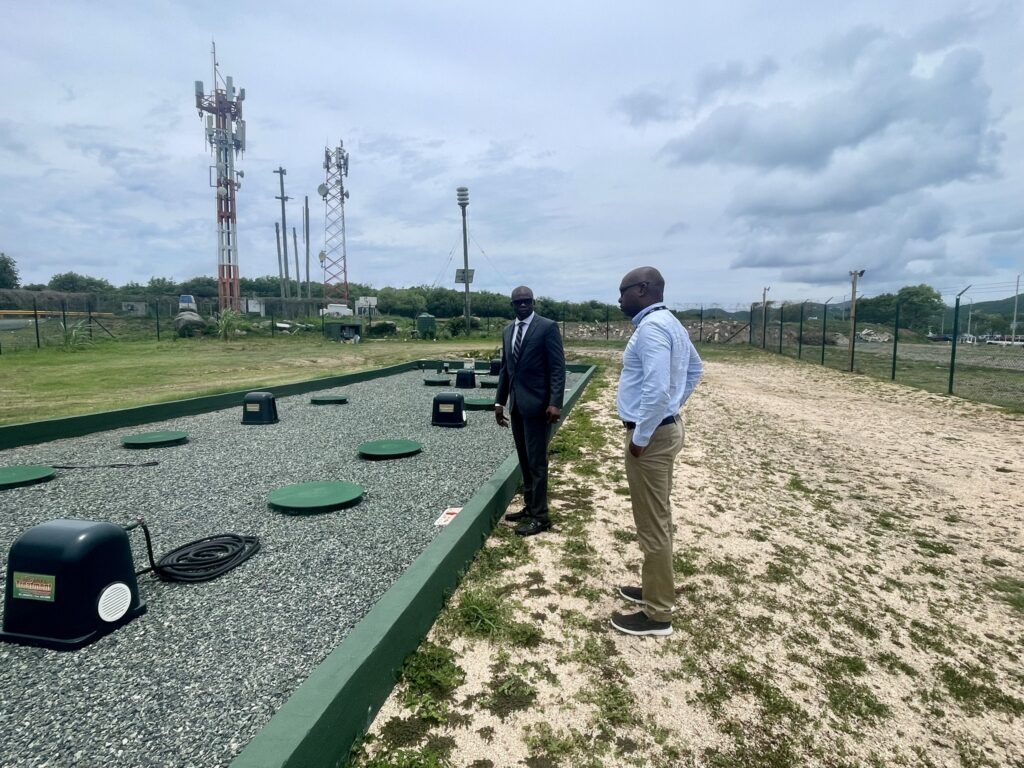
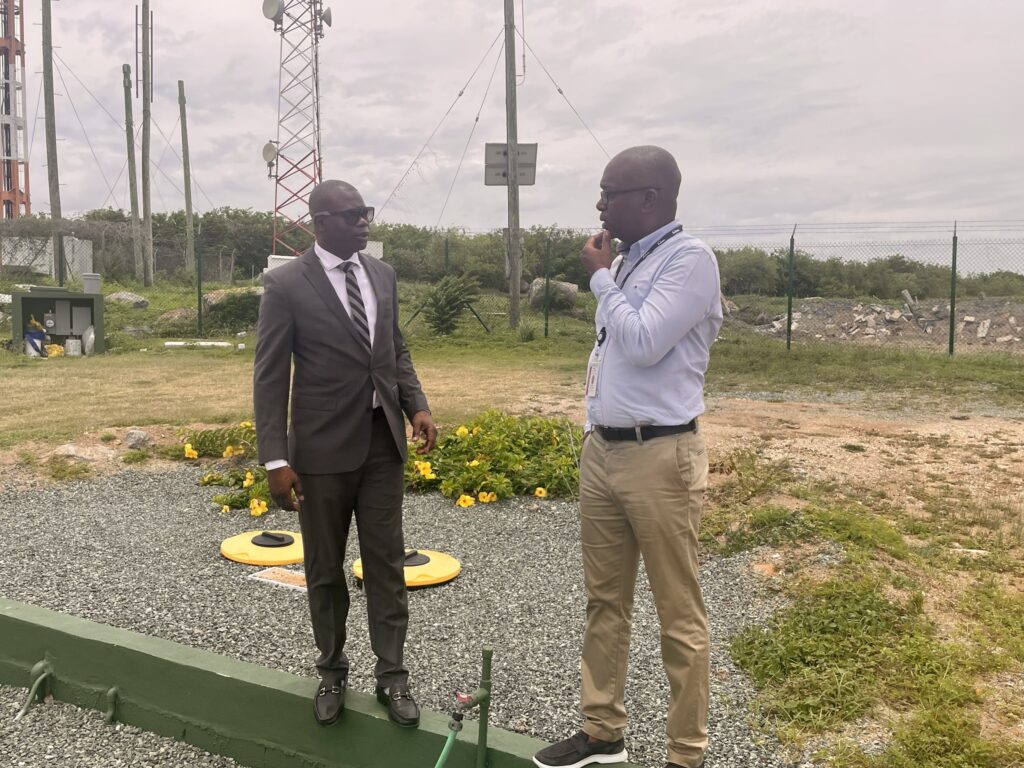
Education
Twelve Primary Schools Advance to Final Round of 2025 Spelling Bee

Twelve primary schools in the Virgin Islands have secured places in the final round of the Ministry of Education, Youth Affairs and Sports’ 2025 Spelling Bee Competition, scheduled to take place on 4 June.
The finalists were selected from a group of 17 schools that participated in the preliminary round, which featured a total of 34 students. Competitors prepared by studying a word list comprising approximately 3,000 words ahead of the event.
The final round of the competition will be streamed live on the official Facebook page of the Government of the Virgin Islands.
A recording of the preliminary round is also available for viewing on the same platform, at BVIGovernment.
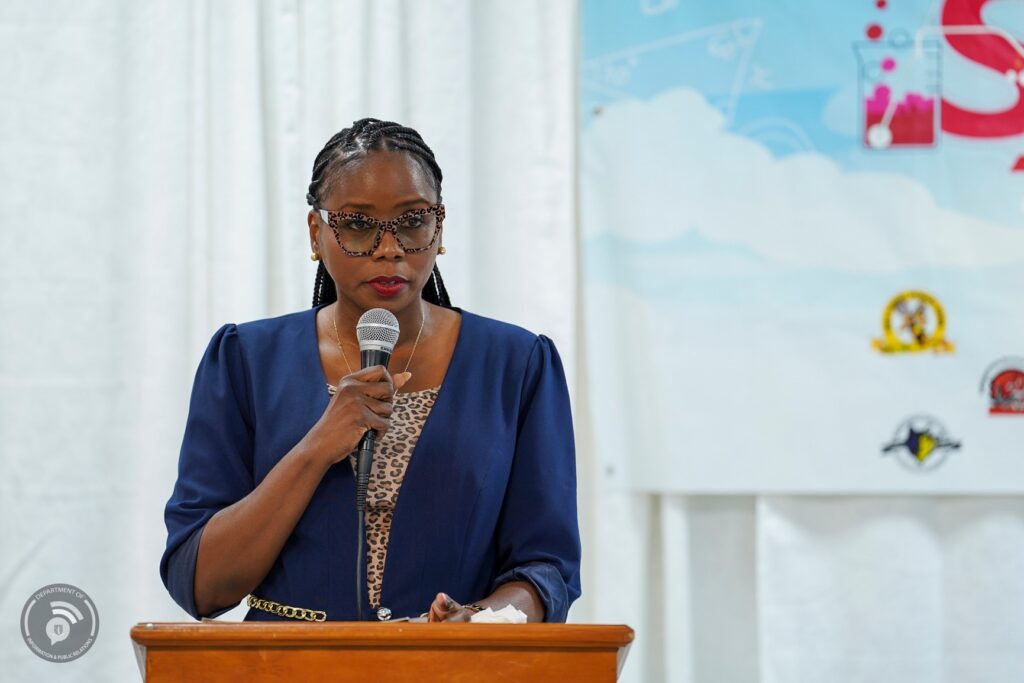
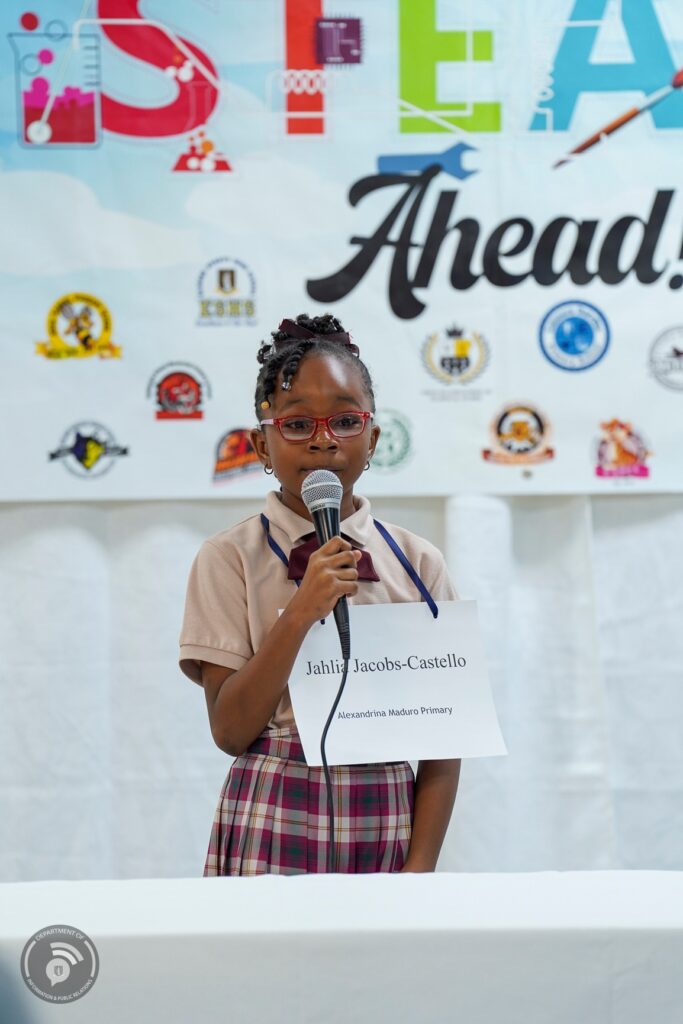
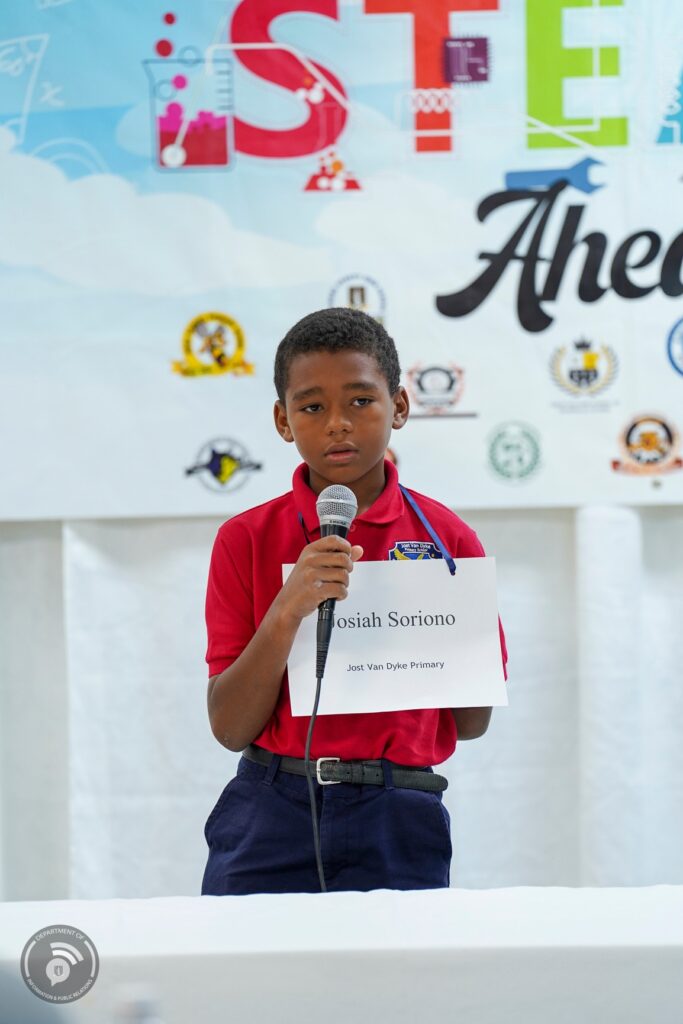
Local News
BVI Officials Host Panel on Early Childhood Development Challenges and Solutions
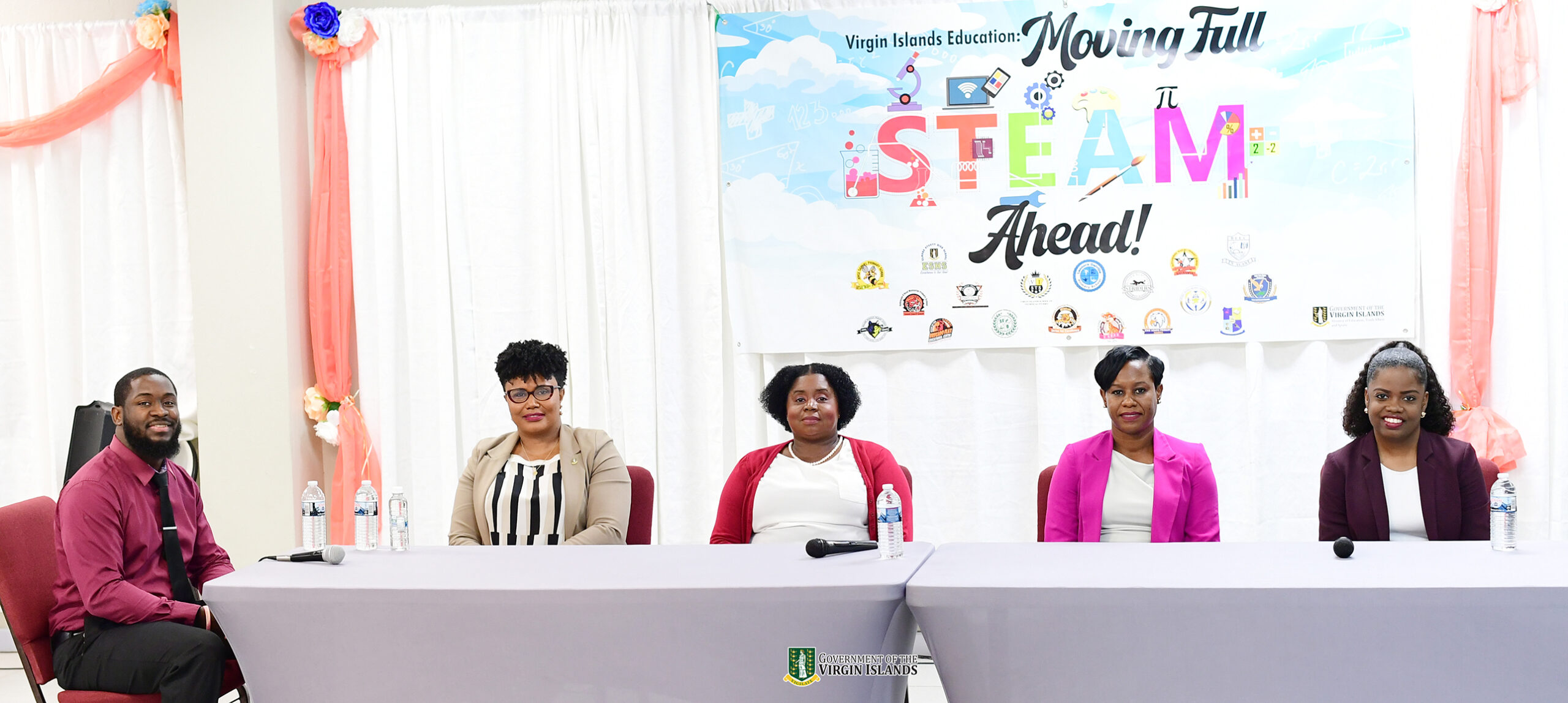
Officials from the Ministry of Education, Youth Affairs and Sports in the British Virgin Islands recently convened a panel discussion addressing the challenges and opportunities in early childhood development across the Territory.
The panel brought together voices from education, health, and the private sector. Participants included Chief Education Officer Mrs Orlandette Crabbe; Consultant Paediatrician in the BVI Health Services Authority (BVIHSA) Dr Natasha Frett; Founder of Imagination Academy VI Ms Sharia de Castro; and Education Officer responsible for Early Childhood Development Ms Kimberly George.
The session focused on the importance of early childhood education and the need for strategic approaches to prepare young children with both academic and non-academic skills.
Chief Education Officer Mrs Crabbe emphasised the value of foundational skills in preparing children for formal schooling.
“In formal schooling we start from the very beginning, but let me tell you what we want,” Mrs Crabbe said. “We want a child that can listen, and follow instructions, who can relate to their peers without throwing a tantrum and falling down because they have to share a pencil or crayon.”
She continued, “We want our centres to be empowered to focus on what matters, and those are those non-academic skills that come about through engagement in a child’s natural environment, which is play.”
Education Officer Ms Kimberly George echoed this sentiment, reinforcing the Ministry’s focus on long-term impact.
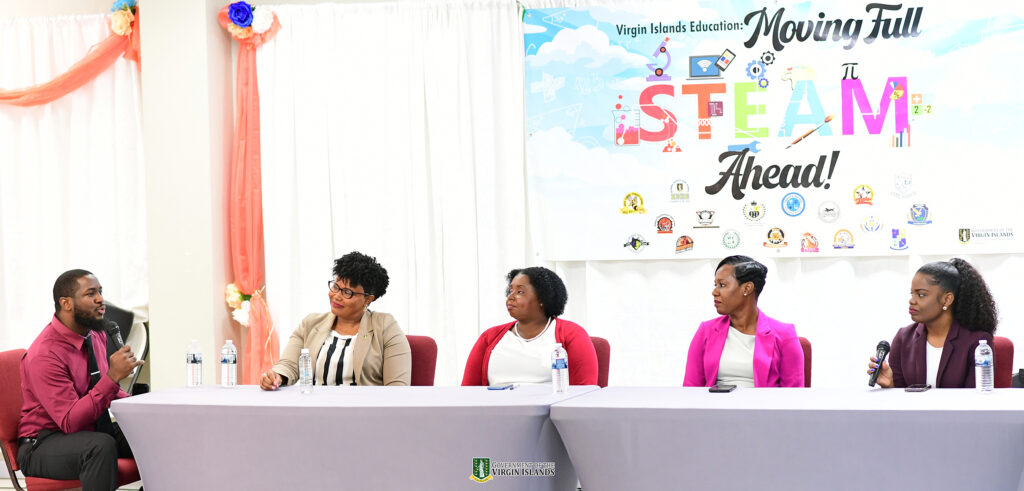
“In the Ministry, we worked to add the tagline ‘Early Learning, Lifelong Impact’ because we believe that early learning does have a lifelong impact on our children in the future,” she said. “As a Ministry, we are committed to ensuring that students receive the quality learning experience that they deserve at that level.”
From the health sector, Dr Natasha Frett provided insight on brain development in early childhood and its connection to future learning.
“I am sure many of you would have heard that in the first five years of life, it is very critical for mental and brain development,” Dr Frett stated. “It is during that time that about 90 percent of the brain is being developed, under the age of five. Here we have this opportunity where you have all these neural pathways and connections being formed.”
Dr Frett described this period as “a perfect opportunity to develop certain learning skills—cognitive learning skills, social learning skills—all of these are very important for the age of five because the brain is maturing.”
Founder of Imagination Academy VI Ms Sharia de Castro contributed her perspective from the private education sector, calling for a shift from traditional instruction to more interactive, skill-based learning.
“I think we have to move away from the culture that is quick to put a pencil into their hand and give them a worksheet,” Ms de Castro said. “Instead, give them interactive experiences where their whole body is engaged.”
She explained, “For example, if we are focusing on letter identification or formation, instead of giving them a pencil and asking them to do that, we give them some playdough and ask them to form it instead—because we are building finger muscles and everything that we need for later learning.”
The panel discussion was part of Early Childhood Awareness Week. The full video is available for public viewing on the Government’s official Facebook page at BVIGovernment.
-

 Crime/Police2 weeks ago
Crime/Police2 weeks agoManhunt Underway for ‘Small Brent’ in Nyron Erickson Murder Case
-

 Local News2 weeks ago
Local News2 weeks agoControversial 3-Point Call Proven a 4, But Result Stands: Team USVI Withdraws from Third-Place Match
-
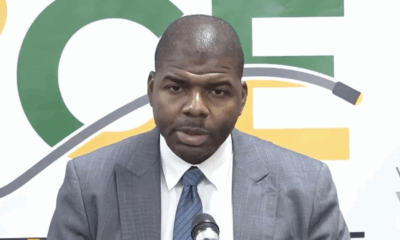
 Uncategorized2 weeks ago
Uncategorized2 weeks agoFestival Costs Outpace Revenue Despite $1M Intake, Says Premier
-
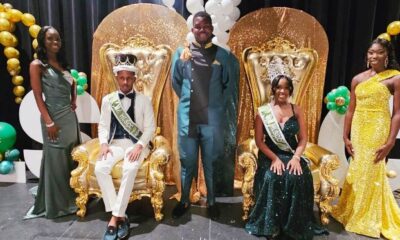
 Entertainment1 week ago
Entertainment1 week agoFive Students to Compete in Mr. & Miss HLSCC Pageant on June 1
-
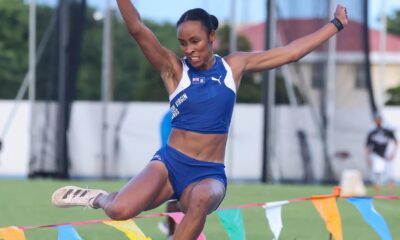
 Uncategorized4 days ago
Uncategorized4 days agoChantel Malone Leaps to First Place Amid Headwinds at Tucson Elite Classic:
-
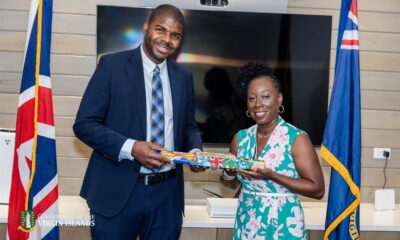
 Local News2 weeks ago
Local News2 weeks agoKing’s Baton Officially Handed Over to Premier in Ceremony Ahead of 2026 Games
-
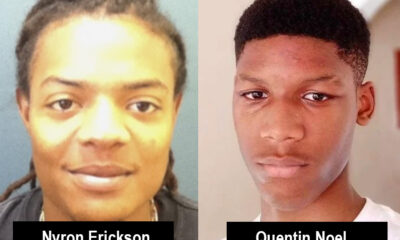
 Crime/Police2 weeks ago
Crime/Police2 weeks agoDeputy Commissioner Confirms 17 Gun Robberies, Two Fatalities in 2025
-
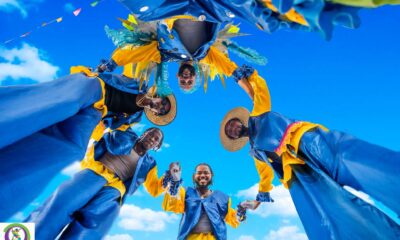
 Entertainment2 weeks ago
Entertainment2 weeks agoPremier Wheatley: Festival Committee Board to Be Finalised Within Days


